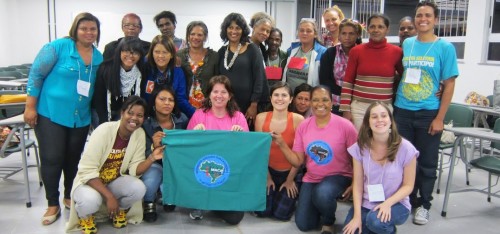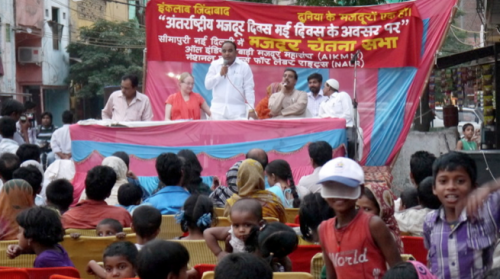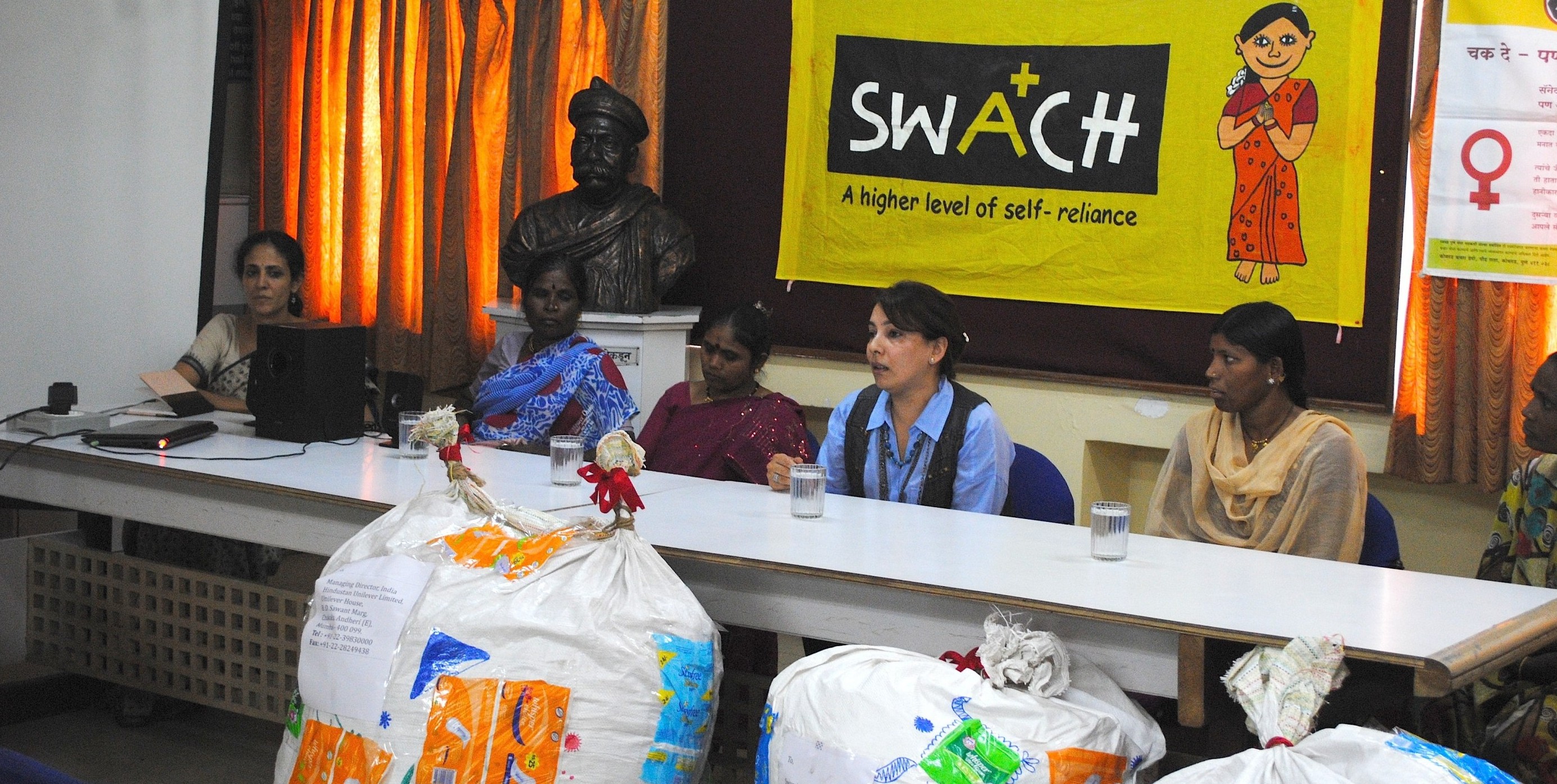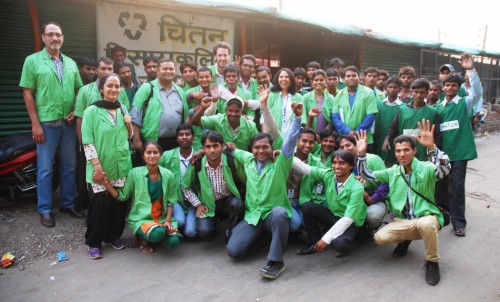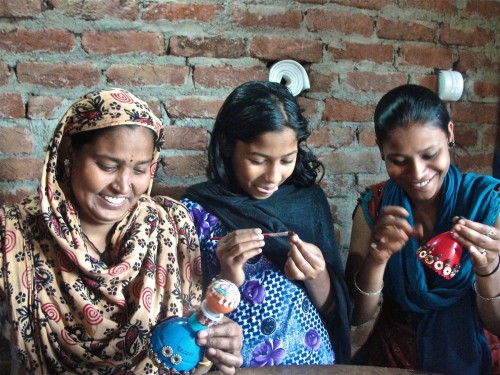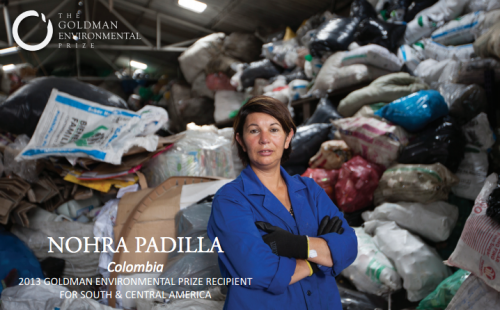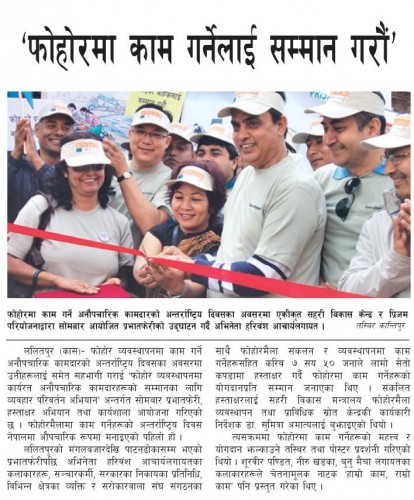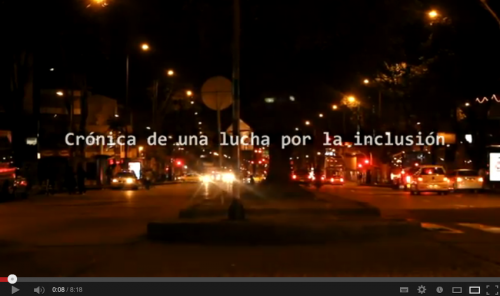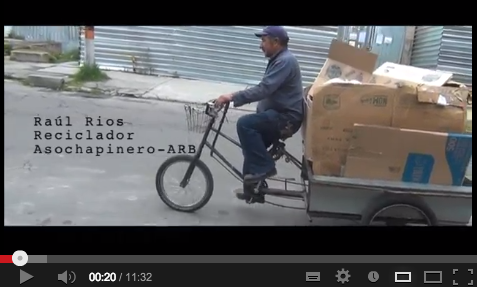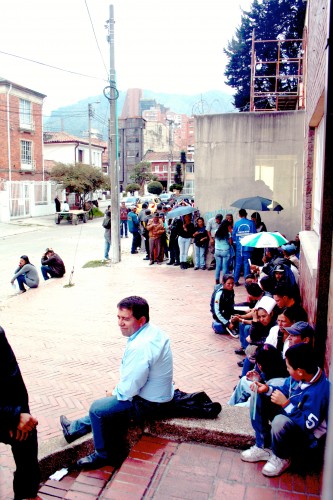
A victory for waste pickers’ children! Finally, waste pickers included in scholarship program
Lack of access to education is one of the many struggles that waste pickers and their children have endured, coupled by the pressure to drop out of school for lack of financial resources. While there has been a law in place since 1977 that designates educational support for the children of parents who perform “unclean” occupations, government officials have created barriers and made things difficult for waste pickers.




